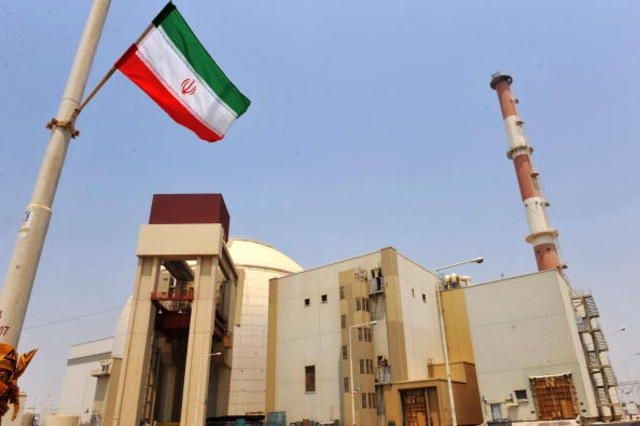What is Kerry's Plan B for Iran?
(Baonghean.vn) - US Secretary of State John Kerry arrived in Vienna last weekend, hoping to conclude negotiations on Iran's nuclear program and declare success. He needs to understand that this agreement must limit Iran's ability to build a nuclear arsenal in the foreseeable future. No agreement is better than an agreement that doesn't do that.
 |
| Talks will decide the fate of Iran's nuclear reactors. Photo: Getty Images. |
That kind of success now seems elusive. After two days of talks, Iranian Foreign Minister Mohammad Javad Zarif returned to Tehran for consultations, and diplomats have acknowledged that they are likely to miss today’s self-imposed deadline (June 30).
In addition, in a televised speech more than a week ago, Iran’s Supreme Leader Ali Khamenei appeared to cancel inspections of military sites. Iran had previously blocked access to the sites, but any agreement that barred inspectors from military sites suspected of being nuclear facilities would be unacceptable. Khamenei also demanded that the economic sanctions that forced Iran back into negotiations two years ago be lifted as soon as the deal is signed, rather than in phases to ensure compliance. And he said any restrictions on Iran should last less than the proposed 10 to 12 years.
Each of these has the potential to break the deal. To understand why, it helps to remember a little history. Negotiations began 12 years ago, after Iran’s nuclear fuel program was discovered. They continued for a decade on the basis that Iran should abandon its program altogether. That effort failed. Iran went from having a few rudimentary centrifuges and no significant fuel stockpile to a deep program with enough fuel on hand to produce multiple weapons.
US President Barack Obama used tougher sanctions to bring Iran back to the negotiating table to discuss a settlement under which Iran would maintain a small, closely monitored fuel program. An interim deal reached in November 2013 halted expansion of Iran’s nuclear infrastructure and eliminated its most dangerous fuel stocks in exchange for limited sanctions relief. That deal remains in effect and is more favorable to the US and its negotiating partners than to Iran.
So nothing is lost if there is no new deal, negotiations continue and the status quo remains. The question is what happens if the whole process collapses. Kerry needs to prepare for this outcome.
Plan B should focus on ensuring there is support to escalate sanctions if necessary. The harshest of these sanctions have been imposed by Europe, so keeping European countries on board is crucial. Likewise, the US must persuade Russia, India, and others not to actively undermine the sanctions regime. That, in turn, will require patience from the US Congress.
Many lawmakers believe Iran is dragging out negotiations to expand its program, as it did under the George W. Bush administration. It could seek new sanctions if no agreement is reached in the coming days. But that would violate the terms of the interim deal that prevents Iran from expanding its program. It would give Khamenei the excuse he appears to be looking for to claim the U.S. is cheating and end the talks. If he succeeds, it will be much harder to keep the international community united behind efforts to curb Iran’s program.
Kerry should not sign a bad deal. But for a Plan B to work, he also needs to ensure that if the whole process collapses, the responsibility lies not just with the US but with Iran as well.
Thu Giang
(According to Bloomberg)
| RELATED NEWS |
|---|






